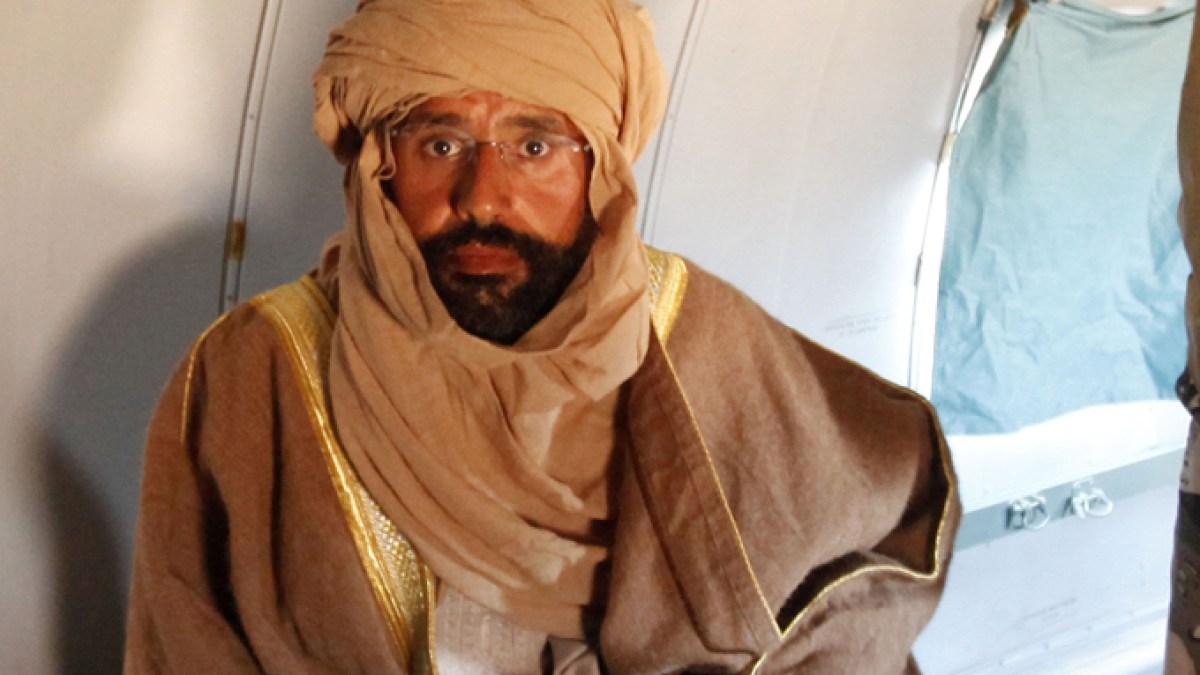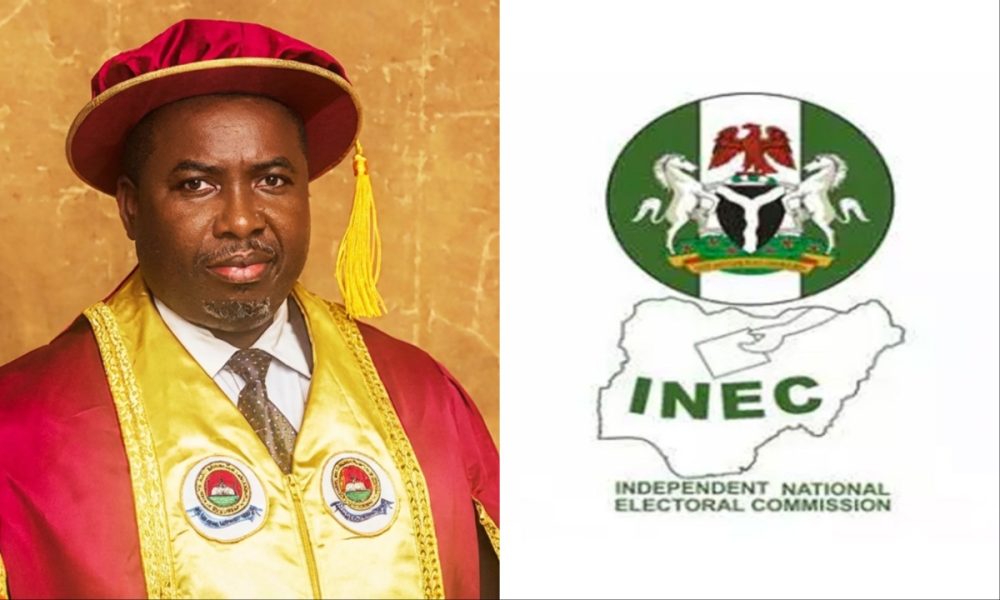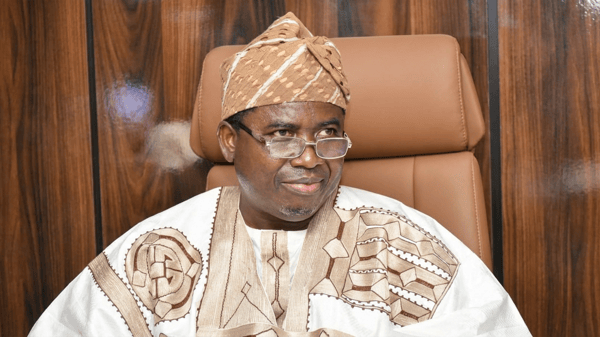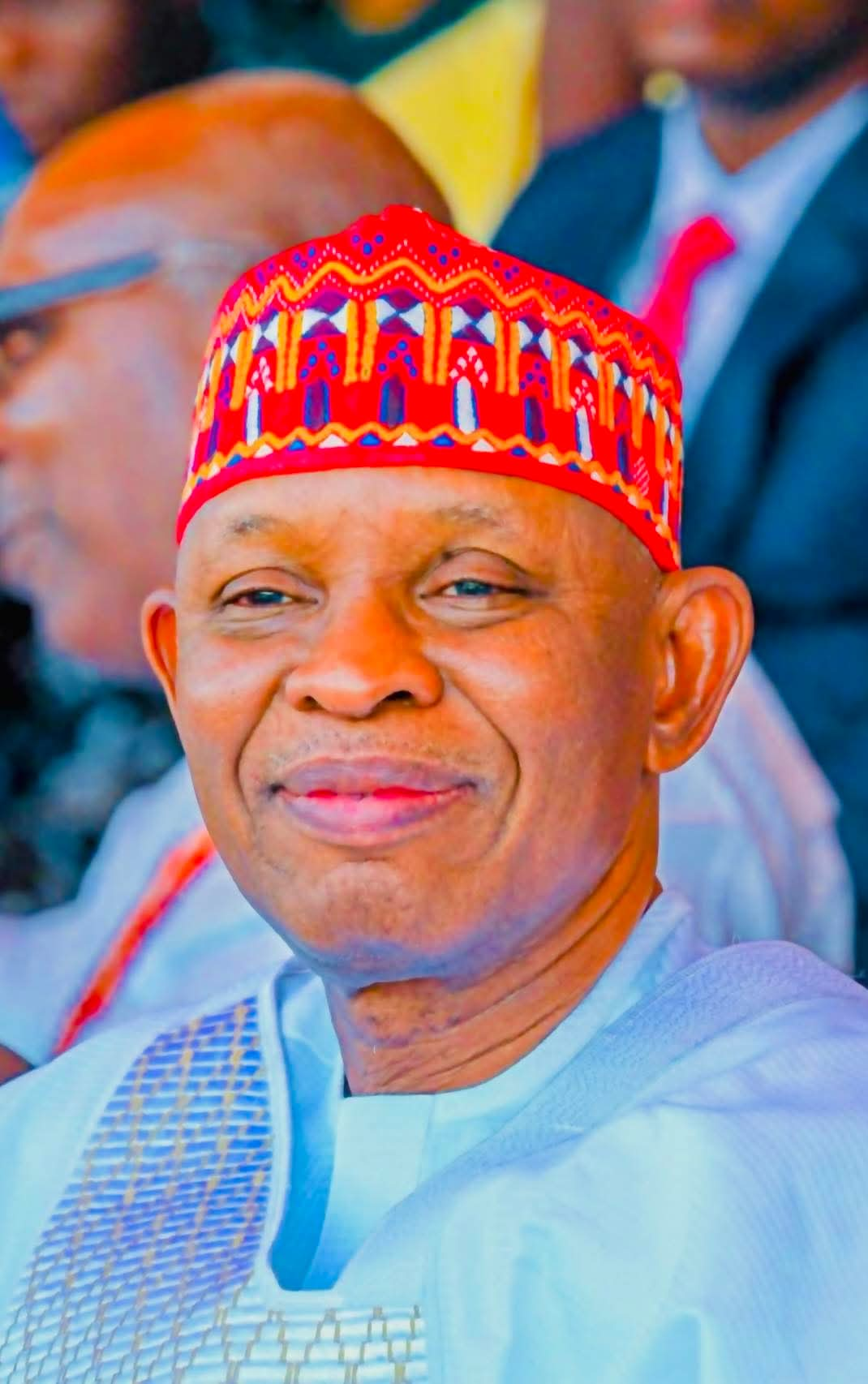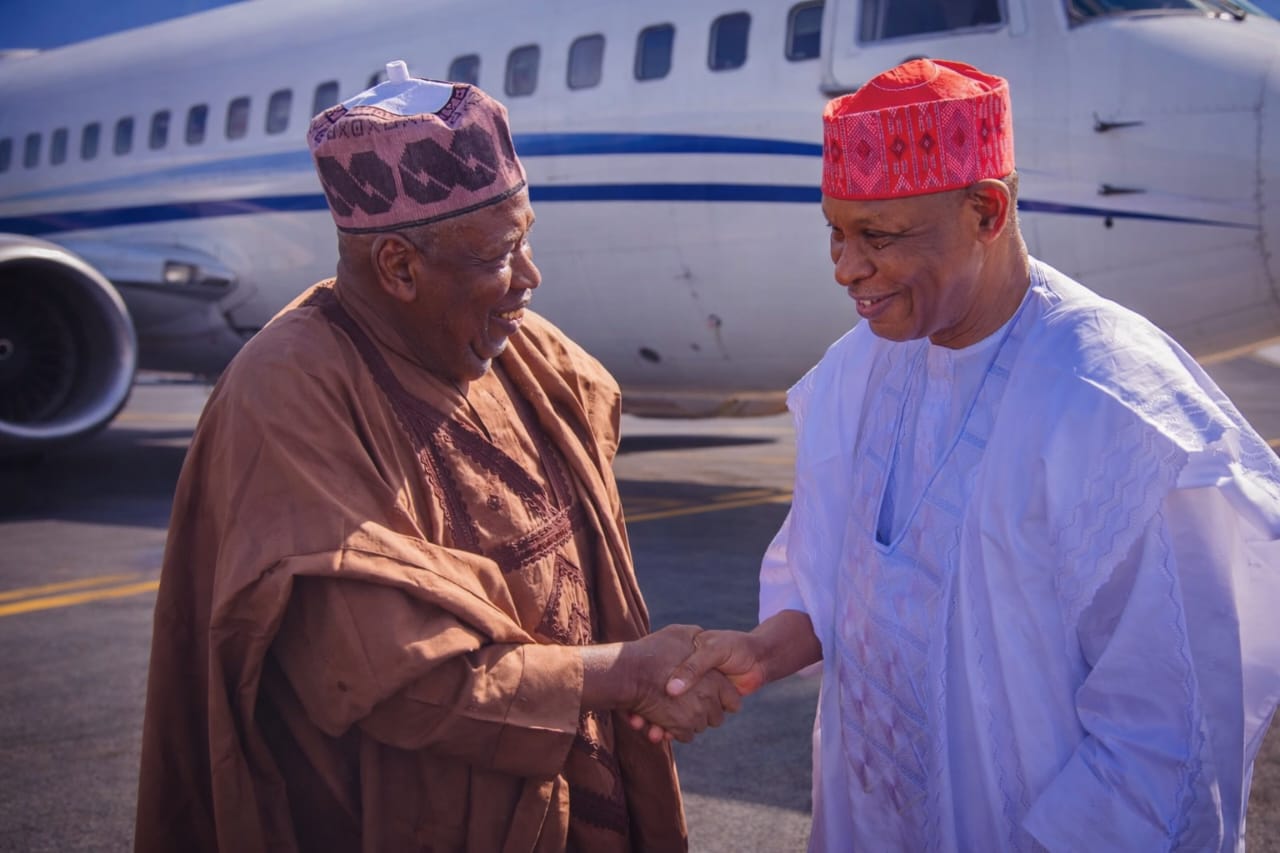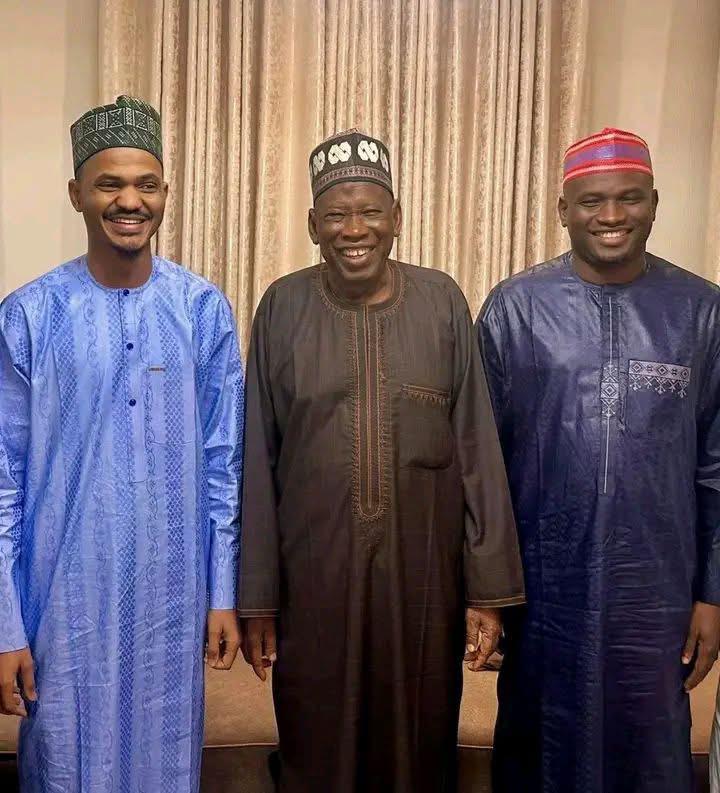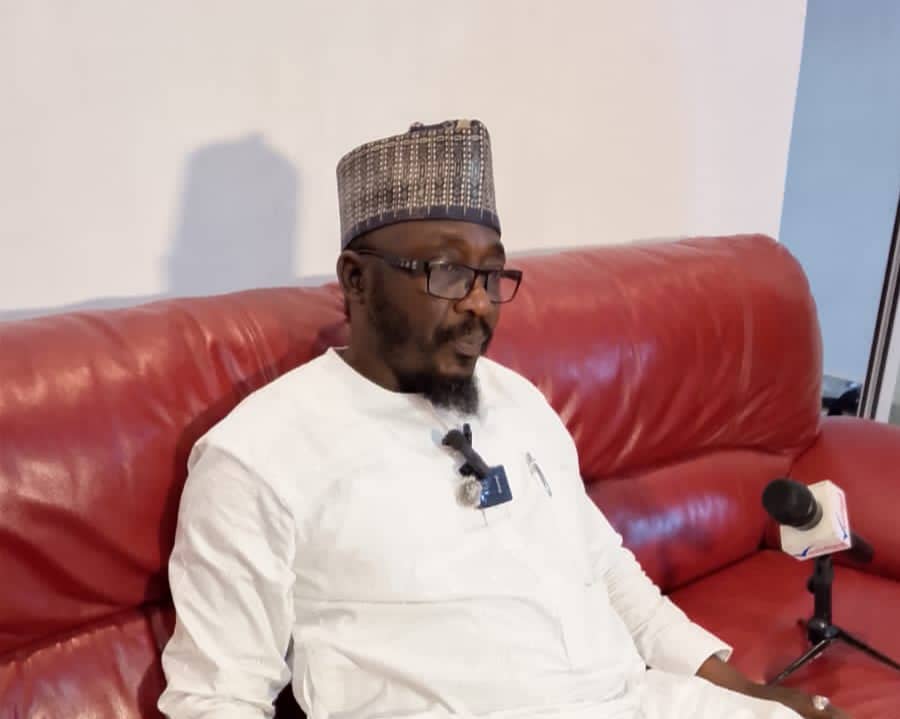When the Arewa Consultative Forum (ACF) launched the Kano State Security Council in April 2025, it came with military pageantry, high-powered names, and media fanfare. The public was told this council would serve as a strategic grassroots intervention against insecurity in the state and beyond.
Retired generals spoke with conviction. General Idris Bello Dambazau (Rtd) sounded the alarm: “Time in service is life. One minute can cost lives.” The people believed something real was about to happen.
But four months later, the council has faded into obscurity. No briefings. No townhall engagements. No reports. No results. It has vanished like a sunset that never returned.
Read Also:
Kano Gets 5,684 Slots for 2026 Hajj, Deposit Fixed at N8.5m
And now, as if choreographed, ACF has rolled out yet another grand structure—the Kano State Elders Advisory Council—again boasting a long list of respected names, powerful politicians, intellectuals, clerics, and retired public figures.
But one must ask: is ACF genuinely unaware of the worsening crisis in Kano? Or is it performing a different kind of politics—one that serves quiet ambitions more than public good?
Where is ACF in the face of Kano’s reality?
Kano is deteriorating not in theory, not on paper—but in painful, visible, everyday reality. Drug abuse is ravaging the youth population, hollowing out the potential of a generation. Phone snatching has become a daily source of trauma across the city’s streets. Thuggery and gangsterism now thrive in both urban and semi-urban areas, turning neighborhoods into zones of fear.
And yet, ACF—supposedly the moral and intellectual conscience of Northern Nigeria—is busy launching duplicate advisory bodies, while the security council it inaugurated barely months ago has become a ghost platform.
This isn’t just disappointing. It’s dangerous.
If the elders, generals, and technocrats of the North cannot see or feel the people’s pain, then what exactly are they advising on? What truths are they unwilling to confront?
A council mirroring government: Is this innovation or imitation?
What is most troubling about the newly announced Elders Advisory Council is not merely its redundancy but its composition. The structure of the council is, alarmingly, a carbon copy of the Kano State Government’s own advisory council. It features the same chairperson and a near-identical lineup of members.
This raises a critical question: is the ACF Kano chapter operating at such a rudimentary and unimaginative level that it now simply mimics state initiatives without adding original thought or contextual relevance?
What purpose is served by duplicating governmental blueprints, other than confusion and bureaucratic clutter? If this is what passes for grassroots strategy, then ACF is playing checkers where chess is required.
Kano State Government must stop dragging its feet
Equally, the Kano State Government must reflect on its own silence. The Elders Council announced by Governor Abba Kabir Yusuf in 2024 remains— incredibly—not inaugurated. Over a year has passed, and nothing concrete has emerged.
This procrastination is not a harmless delay; it breeds suspicion, encourages speculation, and creates a leadership vacuum that parallel organizations like ACF are now exploiting. In matters of security and civic engagement, delay is negligence.
The state must act urgently—not only to inaugurate its own council but also to clarify its role, communicate its goals, and coordinate with relevant stakeholders.
ACF: Is this leadership or a game of shadows?
One cannot help but feel that ACF is adrift. Each new council looks like a stage performance. Each launch increasingly resembles a power play rather than a pathway to community transformation.
Does ACF realize that its name—once synonymous with regional authority—is steadily losing relevance? People are beginning to whisper: is ACF now more invested in appearances than outcomes?
In the absence of real results, perception becomes everything. And right now, the perception is damning.
What ACF should be doing if it were serious
If ACF truly meant business in Kano, it would not be limiting itself to ceremonial unveilings. It would be rolling up its sleeves and confronting the real crises on the ground.
It should be establishing drug rehabilitation and youth mentorship centers in every local government area to rescue our youth from addiction and hopelessness.
It should be organizing community policing dialogues with genuine grassroots participation to rebuild public trust and civic cooperation.
It should be offering support for education reforms—especially at the foundational and girl-child levels—to secure the North’s long-term intellectual future.
It should be launching healthcare outreach programs, especially maternal and child health interventions, to tackle avoidable deaths in underserved communities.
It should be empowering local farmers through rural agriculture support schemes tailored to the region’s economic profile.
It should be creating practical skill acquisition programs that address the blight of youth unemployment.
It should be leading public ethics and civic reorientation campaigns aimed at reviving the cultural values and discipline once central to the Arewa identity.
These are not pipe dreams. They are pressing, practical needs. And ACF, with its historic network, institutional memory, and social capital, is uniquely positioned to lead such efforts. But leadership is not about holding press conferences. It is about holding the line.
The councils sound powerful but feel groundless
Even with celebrated names on paper, both the Security Council and the new Elders Advisory Council appear disconnected from the grassroots. They show no signs of engagement with youth movements. There is no meaningful collaboration with local government authorities. Civil society input is glaringly absent.
So again—who are these councils for?
Leadership cannot be driven from the comfort of conference rooms. It must rise from the dust of the streets, from the communities that carry the burdens.
A gentle but urgent advice to ACF
To the elders, generals, technocrats, and respected voices within the ACF—your time, experience, and voices still matter, but only if they are anchored in clarity and purpose.
You do not need to compete with government. You need to complement it.
You do not need to impress the media. You need to impact communities.
You do not need to inaugurate another council. You need to execute a coherent strategy.
The North is not short of thinkers. It is short of doers with vision and integrity.
History is watching. The people are watching. And the youth—many of whom have stopped believing in institutions—are watching too.
This is your moment to reclaim relevance. But first, the confused dances must end. The symbolic unveilings must stop. The duplications must be replaced with dialogue and delivery.
Return to your roots. Reconnect with your people. Be the conscience, not just the echo.
There is still time. But not much.
Tijjani Sarki
Good governance advocate and public policy analyst
Writes from Zawaciki, Kano

